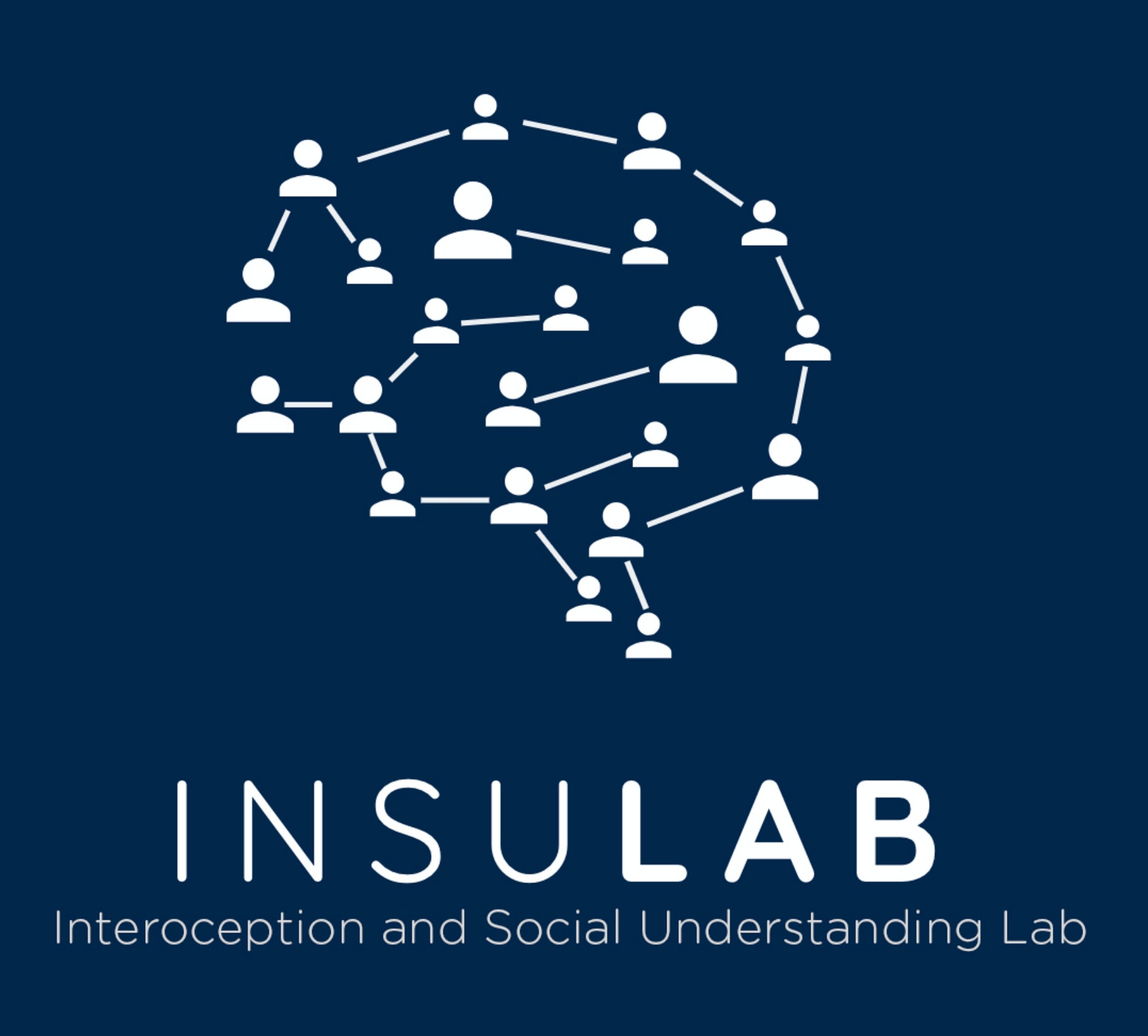What is face processing?
Face processing refers to the perception and recognition of other people's faces. Although faces are very similar (they have the same general structure of eyes, nose, mouth, etc.), most humans are very good at telling the difference between faces. We can recognise hundreds of different people from their face, although this is much easier when we know the person well than when they are unfamiliar. People are experts when it comes to faces as we are generally much better at telling the difference between different faces than between different similar objects or animals.
Some people find it difficult to recognise others' faces. Prosopagnosia is a life-long condition that makes it very difficult to recognise faces, even if you know the person very well. A lot of autistic people also find it difficult to recognise faces, although not everyone with autism struggles with this.
At InsuLAB we are interested in how people perceive, recognise, and learn faces, and how this differs between individuals and across clinical groups.


